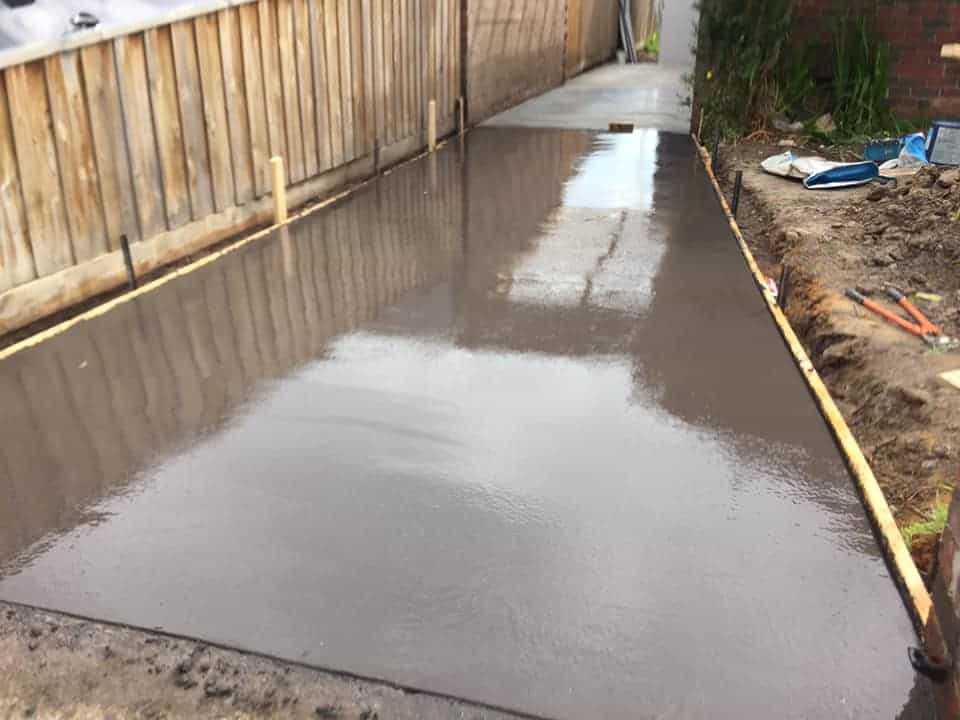Building your home is exciting, but it starts with the proper foundation. By choosing a concrete slab house, you’re setting your home up for long-term success, gaining a strong, durable base that is easy to maintain. It’s a wise, no-fuss choice that suits Australia’s harsh conditions and a wide range of block types. While diving straight into design details is tempting, getting the slab right from the start makes everything else fall into place. So, is it the best fit for your block? Let’s take a closer look before you begin.
What You Should Know Before Pouring That Slab
Before you lock in your decision to build with a slab, it’s worth looking at a few key factors that could affect how well it works on your block. From soil conditions and slope to site access and drainage, there’s more to it than just pouring concrete and calling it a day. Knowing what to expect early on can save you from costly surprises and help you build a solid home from the ground up. Here’s what every Aussie homeowner should be aware of before that first truck rolls in.
Shifting Soil Risks
Australia’s ground isn’t always as steady as it looks. Expansive clay soils, in particular, swell and shrink with moisture, which can crack or move your slab over time. That’s why soil testing is essential — it helps your builder choose the right design for your site. Getting this step wrong can mean considerable repair costs later down the track.
Sloping Block Dangers
Building on a slope isn’t impossible, but it does come with a few challenges. You’ll likely need extra site work, retaining walls, or even a stepped foundation, which can push up the price and timeline. Without proper preparation, water can run towards your home, putting pressure on the structure. Always get expert advice before building on uneven terrain.
Drainage Gone Wrong
If water isn’t drained away properly, it can quietly damage your foundation. Pooling water may lead to rising dampness, mould, or structural problems that show up years later. Good drainage design — including proper fall, subsoil systems, and moisture barriers — is essential. It’s a simple step that protects your home long after the build is done.
Tight Site Trouble
Got a narrow or awkward block? Site access matters more than you think. Concrete trucks, pumps, and tradies all need enough space to do their job, and if they can’t get in, it could mean delays or extra labour. Be sure your builder checks access early, especially for inner-city or laneway builds.
Cost Blowout Traps
Slabs are often considered cost-effective, but they’re not always the cheapest. Unexpected site prep, drainage work, or engineering upgrades can increase the total. Getting a detailed quote based on your block is smarter than relying on averages. Spending more upfront helps avoid major issues (and bills).
Everyday Living Gains
There’s something solid and satisfying about living on a slab. It reduces noise, feels steady underfoot, and works beautifully with modern finishes like tiles or polished concrete. It also helps regulate indoor temperature by storing and releasing heat, which can lower energy use over time. Plus, there’s no space underneath for pests to make themselves at home.
Slab Suitability Check
Not every block is ideal for a slab, and that’s okay. A good builder will guide you based on the conditions of your land and the type of home you want to build. The goal is to find a foundation that suits your site and lifestyle. Making that call early helps everything run more smoothly.
Why the Right Slab Choice Matters
Getting the foundation right isn’t just a construction box to tick — it affects how your home performs, feels, and holds up over time. The wrong design for your soil or site can lead to cracks, uneven floors, or even structural problems. These issues aren’t just annoying — they can be costly and affect your home’s safety and value. Starting with a solid plan and the right foundation design can prevent much stress later.
Beyond structure, the right base adds to your everyday comfort. It keeps your flooring secure, helps with temperature regulation, and reduces pest risks. If done correctly, it also means lower maintenance and repair costs for your home. It might not be the flashiest part of your build, but it’s one of the smartest investments you can make.
Build It Once. Build It Right. With Kalm Concrete
Are you considering building a concrete slab house and want to get it right first? At Kalm Concrete, we specialise in strong, reliable foundations that match your land, plans, and long-term goals.
Whether you’re dealing with challenging soil or site access issues or want honest, expert guidance, we’re here to help. Let’s lay the proper groundwork together—reach out today and build something solid.


 0468 885 268
0468 885 268 EMAIL US
EMAIL US
